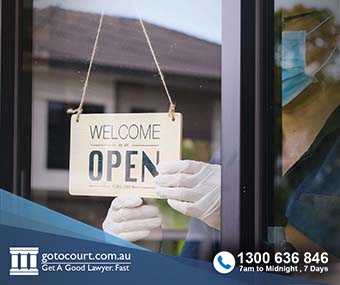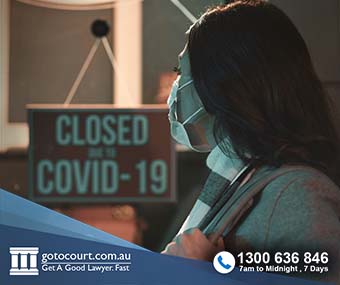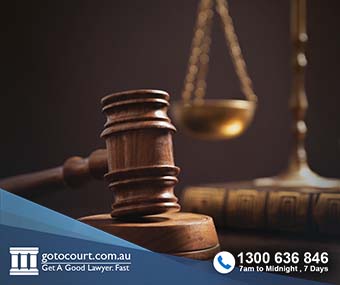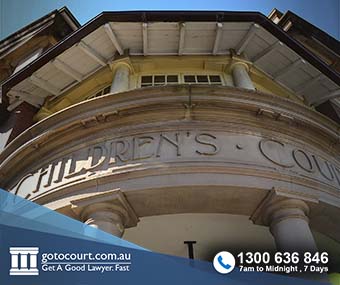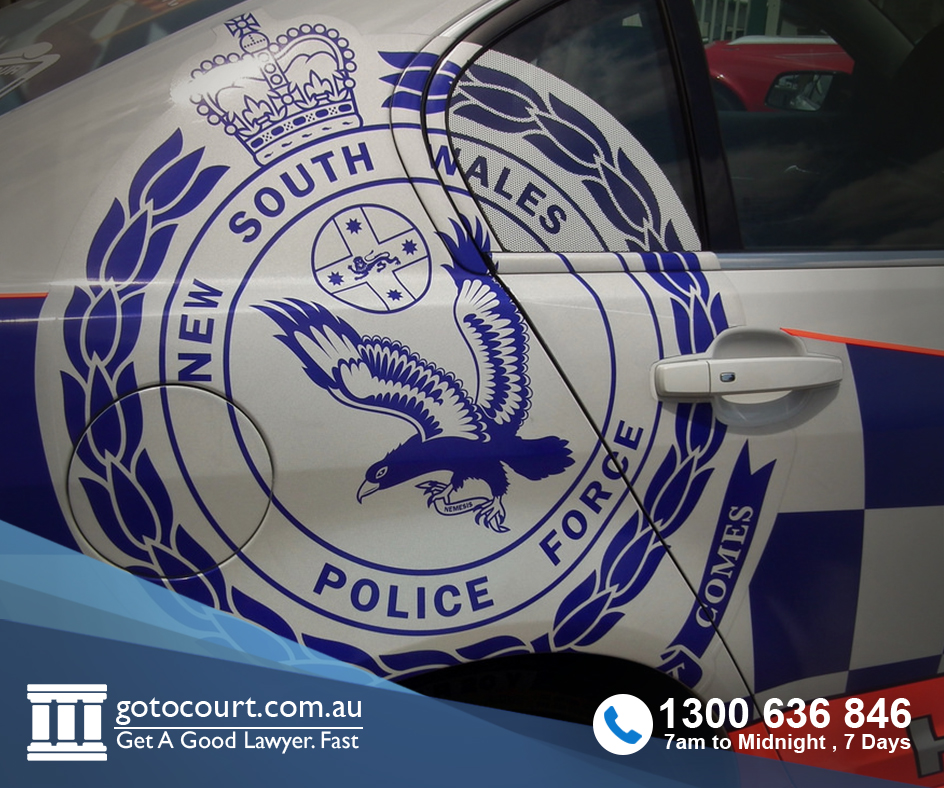Call our lawyers
now
or,
have our lawyers
call you
1am Lockout Law Abandoned by Queensland, Other Measures to Be Taken
Updated on Feb 13, 2017 • 5 min read • 1377 views • Copy Link
1am Lockout Law Abandoned by Queensland, Other Measures to Be Taken
Queensland’s 1am lockout law, which was meant to come into effect on 1 February 2017, has been abandoned. The news comes after a report conducted six months after the Tackling Alcohol-Fuelled Violence Legislation Amendment Act 2016 came into effect. It concluded that, ‘the introduction of lockouts (one-way doors) is not likely to change current trends.’
The 3am last drinks for venues in ‘Safe Night Precincts’ will remain, as will the 2am last drinks for venues throughout the rest of Queensland.
The number of permits granted in a year to allow a licensed venue to trade until 5am as a ‘one-off’ will be halved. Currently, the Liquor Act 1992 restricts the Queensland Government from granting more than 12 extended hour permits to a venue per year. If the Government is successful in amending the legislation, it will be restricted to granting only six per venue per year.
It was also announced that the criteria the Government will be using will be amended to ensure venues are not using their 5am extended trading hour permit with a ‘business as usual’ attitude.
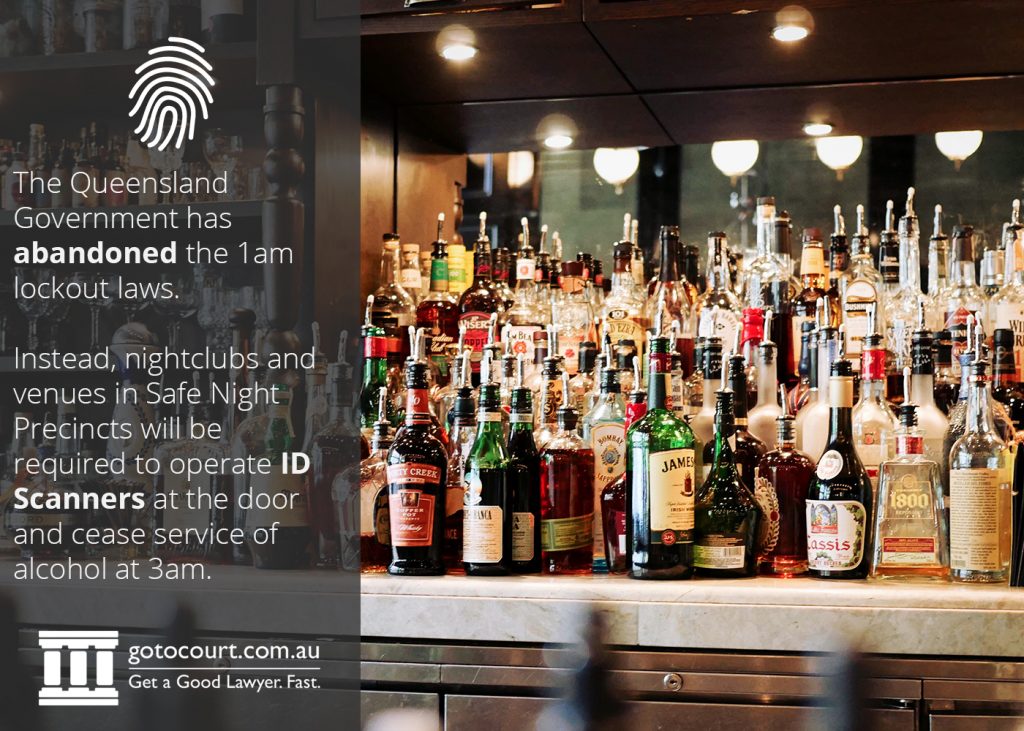 The report also recommended that in order to reduce harm earlier in the night, mandatory ID scanners and banning orders for repeat offenders should still be implemented. The report’s recommendation on mandatory ID scanners has been reflected in the Government’s announced amendments, but only in Safe Night Precincts.
The report also recommended that in order to reduce harm earlier in the night, mandatory ID scanners and banning orders for repeat offenders should still be implemented. The report’s recommendation on mandatory ID scanners has been reflected in the Government’s announced amendments, but only in Safe Night Precincts.
What are the ‘Safe Night Precincts’?
The following urban entertainment areas are classified under the Liquor Regulation 2002 as Safe Night Precincts:
| Precinct | Included suburbs |
| Airlie Beach | Airlie Beach CBD |
| Brisbane | Brisbane CBD |
| Inner West Brisbane | |
| Gold Coast | Surfers Paradise |
| Broadbeach | |
| Sunshine Coast | Caloundra |
| Maroochydore | |
| Mooloolaba | |
| Bundaberg | Bundaberg CBD |
| Cairns | Cairns CBD |
| Gladstone | Gladstone CBD |
| Ipswich | Ipswich CBD |
| Mackay | Mackay CBD |
| Rockhampton | Rockhampton CBD |
| Toowoomba | Toowoomba CBD |
| Townsville | Townsville CBD |
Licensed venues in these precincts (such as nightclubs) are permitted to have last drinks at 3am, rather than at 2am. High alcohol-content drinks, such as shots, are not to be served after midnight.
Report: Trends do not necessitate lockout
The Impact of the Last Drinks and Lockouts report submitted to the Queensland Government cited the history of lockout laws in the state. Notably, Queensland has had a 3am lockout for all late-trading licensed venues since 2005.
Since the introduction of the 2am and 3am last drinks along with no high alcohol-content drinks (such as shots) after 12am, the report noted no significant changes in the number of assaults and injuries in Safe Night Precincts. However, the rest of Queensland experienced a downward trend in these incidents for the period January 2014 to December 2016.
The report’s authors concluded that a lockout would not change the current trends in either the Safe Night Precincts or otherwise.
Newcastle and Hamilton lockout comparison
In making its findings, the report noted the differences in policy approach between Newcastle and Hamilton in New South Wales. Both areas are neighbouring nightlife precincts.
In 2008 both precincts adopted similar but significantly different approaches to reducing alcohol-related assault.
Newcastle’s policy involved a mandatory lockout as well as a 3am cessation of alcohol service. Hamilton, on the other hand, had implemented the lockout without the last drinks restriction. Newcastle’s policy was effective at reducing incidences of assault while Hamilton’s was not as effective, indicating that the last drinks policy was the more effective approach.
The report’s authors further noted that despite the popularity, there was no evidence that lockouts by themselves had any impact on reducing alcohol-fuelled violence. This seems to be the view of the Queensland Government when it made its decision to abandon the 1am lockout laws.
Extended permits to blame
The report’s authors also concluded that the widespread use of extended trading permits – resulting in many venues servicing alcohol past 3am – had undermined the impact of the Tackling Alcohol-Fuelled Violence legislation.
In the six-month period, there was not a single weekend night when all venues in the Fortitude Valley ceased service of alcohol at 3am. It was also noted that there was no significant reduction in alcohol-fuelled assaults either. The number of injuries presented at Emergency Departments during high alcohol hours (8pm Friday to 6am Saturday and 8pm Saturday to 6am Sunday) also did not change.
Mandatory ID scanners requires effective implementation
The Impact of the Last Drinks and Lockouts report concluded, ‘the lack of change in alcohol-related harms during earlier hours also indicates that measures to reduce harm earlier in the night such as ID scanners, and banning orders for repeat offenders continue to be warranted.’ Taking this idea further, the Queensland Government announced that it will enforce the operation of mandatory ID scanners in Safe Night Precincts.
One of the authors of the report, Professor Peter Miller, previously investigated the effectiveness and risks associated with mandatory ID scanners. In his study of ID scanning in Geelong, Professor Miller and his co-authors noted that during peak times, venue security would implement a selective non-scanning policy.
In the study, security guards at venues would select groups they categorised as ‘unlikely to engage in bad behaviour’ to enter the venue without having their ID cards scanned and biometrics taken. In addition to the concerns raised about privacy, the study concluded that this selective scanning policy compromises the identification of victims and allows other forms of crime to continue within venues.
The Queensland Government’s Business website confirms that operational requirements and privacy obligations will be made available soon. Until then, it will remain to be seen if the Queensland Government’s backflip on 1am lockouts and enforcing mandatory ID scanning will effectively reduce alcohol-related assault and prevent deaths.

Affordable Lawyers
Our Go To Court Lawyers will assist you in all areas of law. We specialise in providing legal advice urgently – at the time when you need it most. If you need a lawyer right now, today, we can help you – no matter where you are in Australia.How It Works











1. You speak directly to a lawyer
When you call the Go To Court Legal Hotline, you will be connected directly to a lawyer, every time.


2. Get your legal situation assessed
We determine the best way forward in your legal matter, free of charge. If you want to go ahead and book a face-to-face appointment, we will connect you with a specialist in your local area.


3. We arrange everything as needed
If you want to go ahead and book a fact-to-face appointment, we will connect you with a specialist in your local area no matter where you are and even at very short notice.





